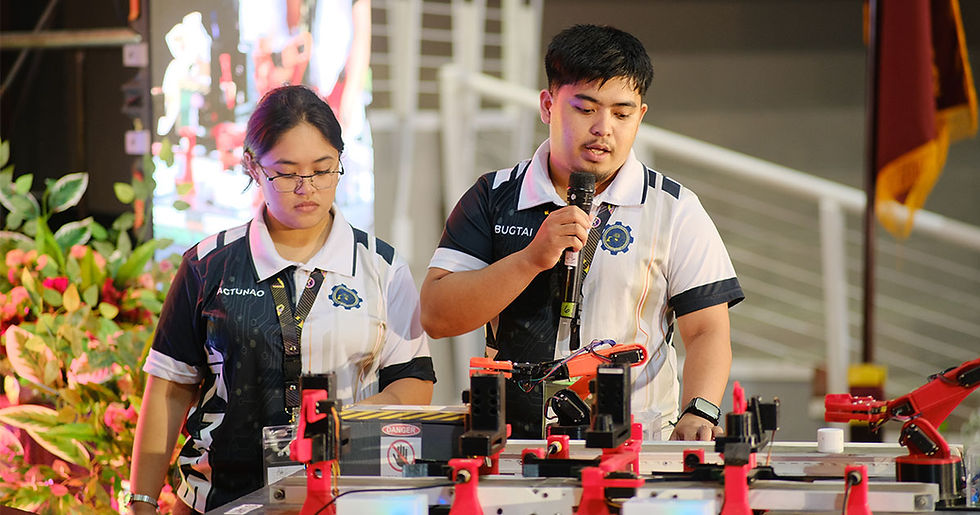Fighting hunger on the local level
- Field Ready
- Jul 7, 2020
- 2 min read
Updated: Jul 9, 2020
Emergency situations make it extremely difficult to transport food long distances. So how to feed people in a disaster situation? Not by foreign-aid logistics: Field Ready’s Andrew Lamb made the case during the World Food Programme’s Innovation Accelerator Bootcamp that local food production and procurement in emergencies is not just preferable – it's workable.
Both Andrew, our global innovation lead, and Claire Travers, our global impact lead, participated in the weeklong bootcamp. The WFP’s 28th in just five years, the camp is an intense week of project design and innovation. Field Ready and eight other organization teams worked to flesh out disruptive, new technologies and business models to help reach the UN Sustainable Development Goal of Zero Hunger by 2030. Conducted online because of the COVID-19 pandemic, the bootcamp culminated in a live-pitch event July 1.
The Local Procurement Learning Partnership (LPLP) will facilitate local production of food needed in emergencies. To ensure safety, it will build partnerships with local manufacturers who agree to follow strict quality control standards and display them so that the contractors hiring them can be confident in the products they purchase. This will allow humanitarian organizations to supply items they need in a way that is better, faster and cheaper than importing from abroad.
"The manufacturing capabilities in many of the places we work do exist - we just need the partnerships to expand,” Andrew said during the LPLP pitch.
Field Ready and the UN Humanitarian Response Depot envisioned a new partnership for large NGOs and aid stakeholders, such as USAID and OXFAM, to allow local manufacturers to become viable suppliers in an emergency. The group would support markets, makers and people.

_edited.png)








Comments